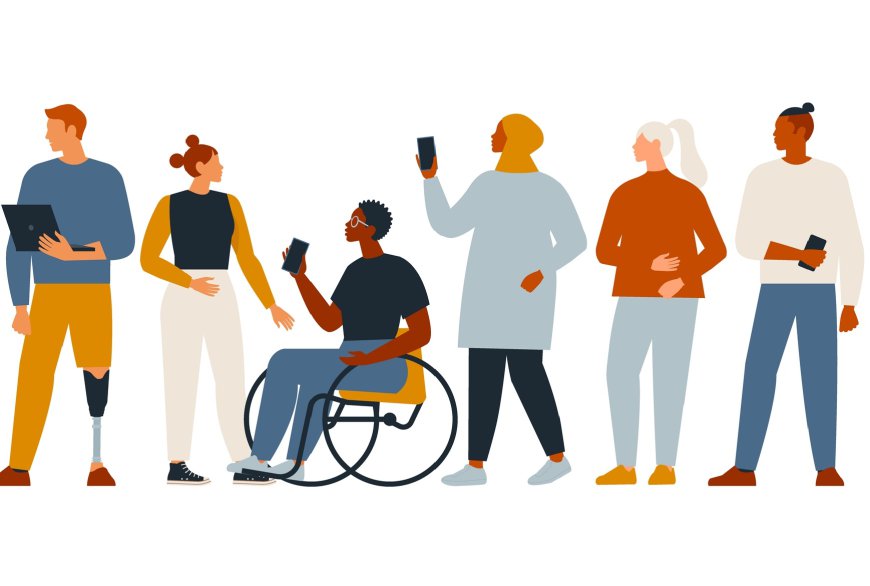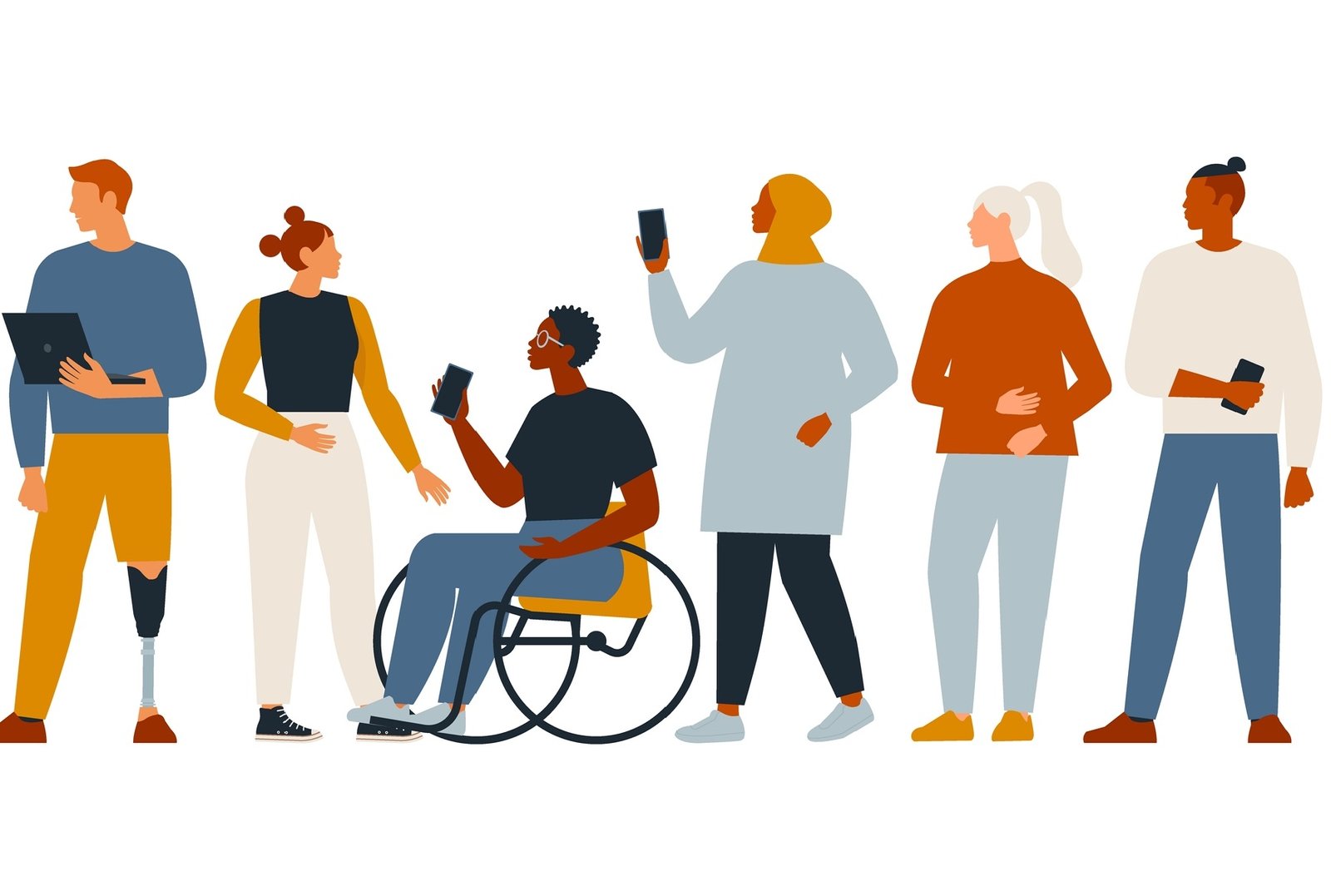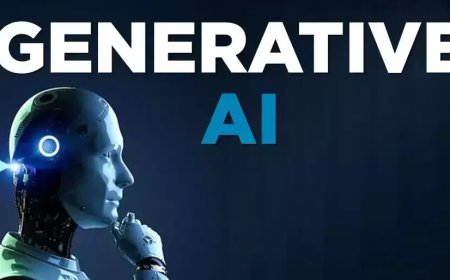Unlocking Potential: Positive Behavior Interventions for Disabilities
Aug 28, 2024 - 12:11

 In the realm of education and social services, there exists a powerful tool often overlooked: Positive Behavior Interventions (PBIs).
In the realm of education and social services, there exists a powerful tool often overlooked: Positive Behavior Interventions (PBIs).
These interventions offer a framework for supporting individuals with disabilities in reaching their full potential. While often associated with academic settings, PBIs extend far beyond classrooms, shaping environments to foster growth, understanding, and inclusivity. Here are ten essential points to understand about Positive Behavior Interventions:
Understanding Behavior:
PBIs emphasize understanding the root causes of behavior, moving away from punitive measures to proactive solutions. By recognizing triggers and motivations, educators and caregivers can tailor interventions that address underlying needs.Individualized Approaches:- Positive Behavior for Disabilities
Every individual is unique, and PBIs recognize this diversity. Interventions are tailored to suit the specific needs, preferences, and strengths of each person, promoting personalized support and growth.Emphasis on Positive Reinforcement:
Rather than focusing solely on correcting negative behaviors, PBIs prioritize reinforcing positive actions. Celebrating successes and strengths creates a supportive environment that encourages continued progress.Collaborative Efforts:- Positive Behavior for Disabilities
Successful PBIs rely on collaboration between educators, caregivers, therapists, and individuals themselves. By working together, a cohesive support network is formed, enhancing the effectiveness of interventions.Promoting Social Skills:
For individuals with disabilities, social interactions can be challenging. PBIs incorporate strategies to develop social skills, fostering meaningful connections and inclusion within communities.Teaching Coping Mechanisms:- Positive Behavior for Disabilities
Life is full of challenges, and PBIs equip individuals with disabilities with coping mechanisms to navigate obstacles effectively. By learning to manage stress and frustration, individuals can overcome barriers to success.Creating Supportive Environments:
Environments play a crucial role in shaping behavior. PBIs advocate for creating supportive, inclusive settings that accommodate diverse needs and promote a sense of belonging.Data-Driven Decision Making:
PBIs rely on data to inform decision-making processes. Continuously assessing and analyzing interventions enables us to adjust them actively, ensuring effectiveness and meeting evolving needs.Long-Term Sustainability:




























